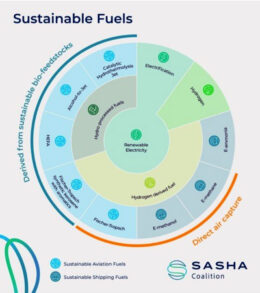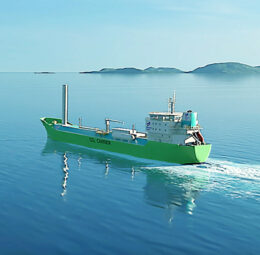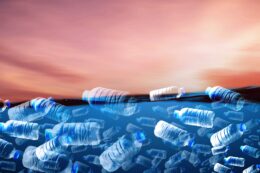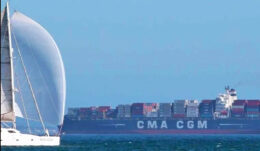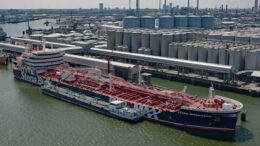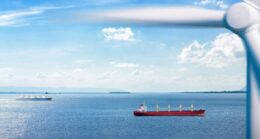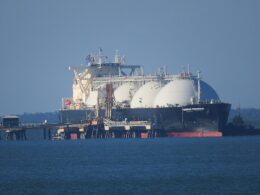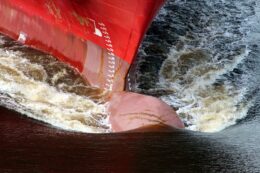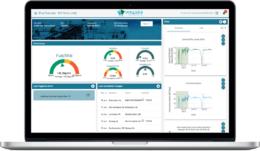5 Reasons Why Shipping and Aviation Need Green Hydrogen and Direct Air Capture to Decarbonize
The shipping and aviation industries are energy intensive, so they have a limited pool of options to choose from when it comes to decarbonization. However, green hydrogen and carbon dioxide derived from direct air capture (DAC) will both be integral in their efforts to reach net-zero. We established the Skies and Seas Hydrogen-fuels Accelerator Coalition (SASHA Coalition) to highlight the…
